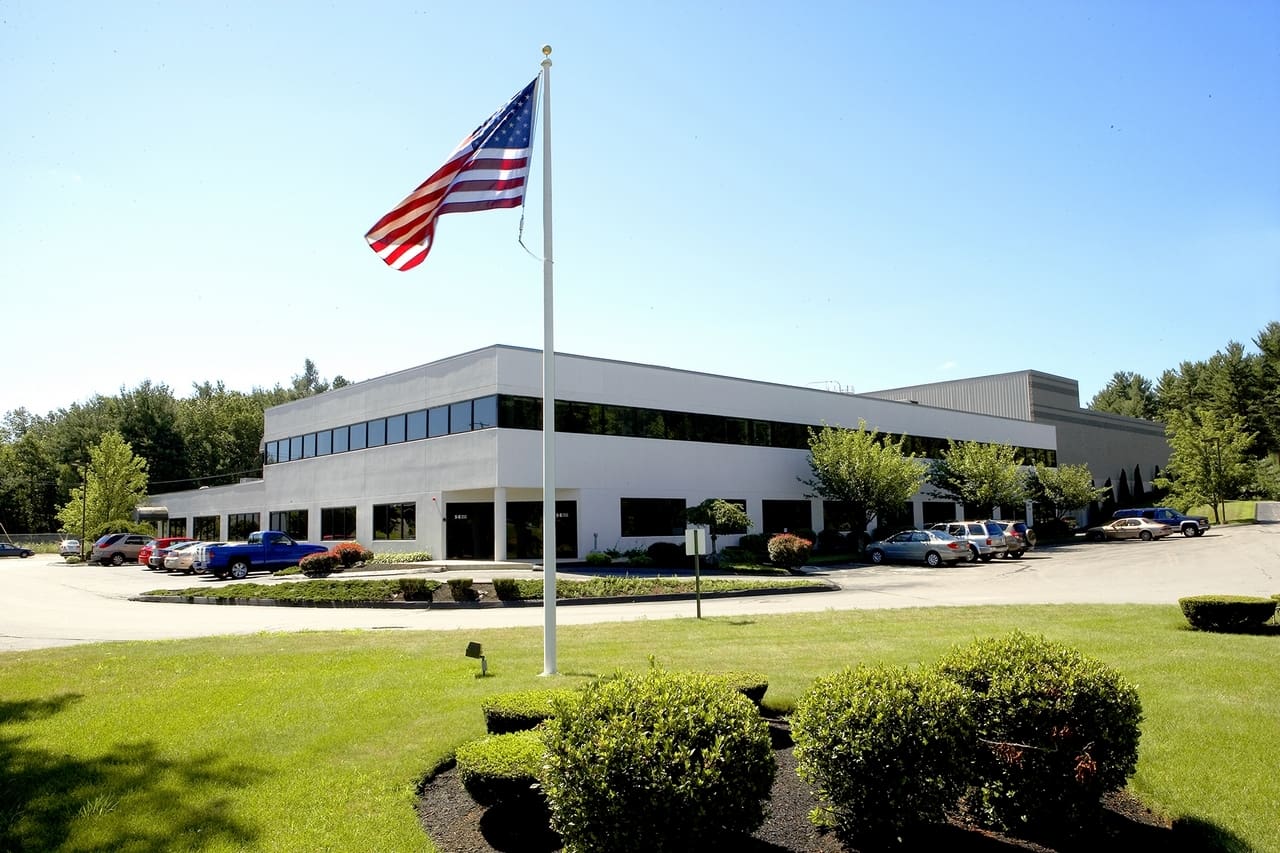Aurora still on the hunt for acquisitions
https://www.plasticsnews.com/article/20190507/NEWS/190509950
Aurora Material Solutions LLC purchased S&E Specialty Polymers of Lunenburg, Mass., in late 2017.
Compounding firm Aurora Material Solutions LLC shows no signs of slowing its growth after purchasing Elastocon TPE Technologies Inc., Aurora’s fourth acquisition in two years.
For Aurora, acquiring Springfield, Ill.-based Elastocon “increases our presence in thermoplastic elastomers and allows us to build on an existing franchise,” CEO Darrell Hughes said in a May 1 interview at the firm’s headquarters in Streetsboro, Ohio.
S&E Specialty Polymers — the Lunenburg, Mass.-based firm that Aurora acquired in late 2017 — also makes compounds based on TPEs. Materials made by Elastocon are mainly based on styrenics and are sold into several markets, including consumer durables, lawn and garden, toys and grips, automotive and medical.
“We’re excited about the [TPE] platform,” said Hughes, who has more than 25 years of plastics and packaging experience, including stints at GE Plastics and Avery Dennison.
The Aurora-Elastocon deal was announced on April 15. Elastocon employs around 50 at a 35,000-square-foot site in Springfield. President and founder Dave Barkus will remain with the firm.
Rigid PVC remains a large market for Aurora, which sells those compounds into building and construction applications such as windows, fences, decks and doors. The firm made a bigger move into rigid PVC in May 2018 when it acquired JPI South of Pasadena, Texas.
The JPI South deal gave Aurora a presence on what Hughes called “the Gold Coast of vinyl.” It also allowed the firm to access markets further west and to export some of its materials from Texas.
Aurora was founded in 1997, and in 2016 was acquired by Chicago private equity firm Wind Point Partners, which has used Aurora as an acquisitions vehicle. In addition to Elastocon, S&E and JPI South, Aurora acquired compounder Reinier Plastics of Marieville, Quebec, in mid-2017. Aurora also operates a compounding plant in Welcome, N.C.
Aside from TPE compounds and PVC compounds and alloys, Aurora’s current product lineup includes chlorinated polyethylene alloys, low-smoke flame-retardant concentrates and purge compounds.
Hughes said Aurora will continue to look for more acquisitions while also growing organically at its existing sites. He added that when the firm is looking for new deals, “the most important thing is culture — being a customer’s first choice and being totally focused on enabling your customers’ success.”
“Having worked at big companies, I know it’s hard to move a large organization and maintain that connection with customers,” Hughes said. “I think at our size that’s easier for us to do.
“It’s like that old commercial: special orders don’t upset us,” he added.
Hughes also said that Aurora focuses on integration when sizing up deals.
“We talk about how we would interact,” he said. “When you put two organizations together, you have to focus on human resources.”
At existing sites, according to Hughes, Aurora plans to add production of flexible PVC and TPE compounds in Texas and to increase production of flexible and rigid PVC compounds in Ohio. Earlier this year, the firm completed an expansion and renovation of its Texas plant, including improvements in blending and automation, as well as a new lab.
Aurora doesn’t get asked about sustainability as much as makers of single-use plastics do, but Hughes said the topic has come up.
“When you look at PVC for sustainability, a PVC deck can last 20 to 30 years, which is longer than pressure-treated lumber, which also uses chemicals,” he said, “and wood windows require more maintenance than PVC windows.”
Aurora now employs around 200 at its five locations. The firm doesn’t release sales figures or purchase prices in its deals, but Hughes said that 2019 “is off to a good start,” even though housing starts — which affect construction demand — were “not great” in the first quarter.
“There have been some issues with labor being available and some starts being late because of the tightness of the labor market,” he added. “But we’re optimistic about the rest of the year.”
To obtain reprints or copyright permissions:
E-mail: pnreprints@crain.com
Visit: Reprints
